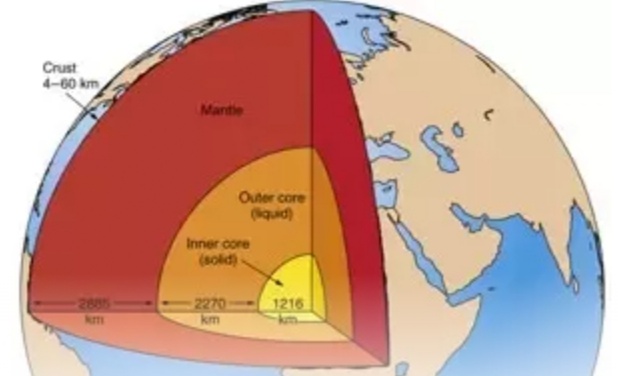Do mountains keep the balance of the earth?
Mountains play an important role in maintaining the balance and stability of the Earth’s surface. Here are a few key ways in which mountains contribute to the overall equilibrium of the planet:
Gravitational equilibrium: The uneven distribution of mountains and other geological features on the Earth’s surface creates localized variations in gravitational pull. This helps to stabilize the planet’s overall gravitational field and prevents excessive imbalances that could lead to instability.
Tectonic balance: Mountain ranges are often formed at the boundaries of tectonic plates, where the movement
Do mountains help stabilize the earth?
it is proven by science (geophysics to be more specific) that mountains has some kind of rooting which is pushed into the underlying earth mantle. Whereas for ocean basins, there is an increase in MOHO (discontinuity between the lithosphere and the upper earth mantle). these two natural processes are explained by the phenomenon of isostasy which expresses the equilibrium of planet Earth . Using The astronomer Airy’s formula we can estimate the depth of this rooting by knowing the montain’s altitude and by giving to the rocks their proper constant density ( 3.3 for mantle and 2.7 for the lithos

Do mountains help stabilize the earth?
There are two aspects . The first is are mountains one result of plate techtonics. The second is do they help stabilize the earth? By which I assume you mean the rotation of the earth. The answer to that (I angd going to guess) is Tess but only in the smallest way. The rate of earth’s rotation will change in response to the radial distribution of its various masses. I think there are very tiny daily (or perhaps even shorter duration) vsIations in its rate of rotation due to rising and falling air masses as the atmosphere circulates . But I think that if the mountains were not a
mountains do contribute to the balance of the earth on its axis, but so does its atmosphere. The distribution of mountains around the world helps balance the planet. If mountains were not distributed adequately or all on one side of the planet they would cause an imbalance. Its water also contributes to its balance, there needs to be a proper atmospheric to surface water ratio to maintain its balance. The earth is imbalanced and that is why extreme weather, storms, earthquakes, temperature extremes and other natural disasters occur on the planet. This imbalance has, since almost some 4,00
They don’t have much effect. On a global scale mountains are small potatoes, even whole mountain plateaus, any more then fingerprints affect a football (I was going to say baseball, but MLPs are clever and resourceful.)
However, whatever caused the mountains could be suspect. Central Oregon and Washington host the Cascade Mountains and a lot of others in the same place which eroded away, and all are caused by tectonic activity – mainly the subduction of the Juan de Fuca plate under the North American. Krakatau is a very active site on subsiding plate boundaries that seems to grow and explode aw
Earth is made up of three main layers; the very thin, brittle crust, the mantle and the core. The crust, where our mountains reside, barely make 1% of the total mass of the planet.
Mountains really do not have any effect on the stability of the earth, it is the movement of the tectonic plates, which incidentally form the mountains that affect it.
The crust, aka the lithosphere, consists of about 15 to 20 tectonic plates, moving away or towards each other at the average rate of 1.5 cm per year – the same speed your toenails take to grow. The heat from radioactive processes within the planet’s interior causes the plates to move, and at the “seams” where plates come in contact, the crustal rocks may grind violently against each other, causing earthquakes and volcano eruptions. The relatively fast movement of the tectonic plates under coastal California, for example, explains the frequent earthquakes that occur there.


